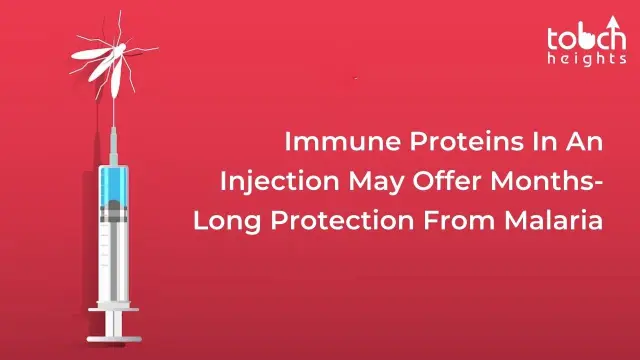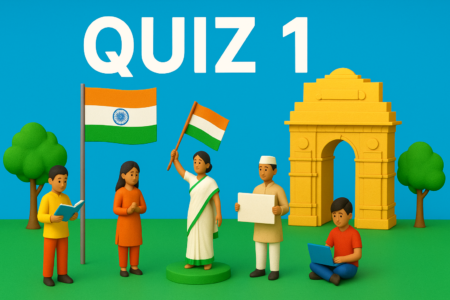In a tiny, preliminary clinical experiment involving adults, a single injection that might offer months of protection against malaria was shown to be both effective and safe.
According to the team that experimented, the injection, which contains monoclonal antibodies, would primarily be targeted at newborns and children in nations with the highest rates of malaria transmission. The likelihood that these young infants will pass away from acute malaria is higher.
The researchers disclosed their findings in the August 4 issue of the New England Journal of Medicine. In the clinical study, 15 of 17 patients who got the monoclonal antibodies did not get the disease despite being exposed to malaria-carrying mosquitoes in the lab. Infections spread to all six of the patients who did not take the medication.
The medication was given intravenously or as a shot during the clinical study, which examined various dosages. One injection may provide six months of protection against malaria, according to the researchers’ estimates, which are based on a computer model of how the medication is absorbed, distributed, and eventually eliminated by the body.
According to Miriam Laufer, MD, head of the Malaria Research Program at the University of Maryland School of Medicine in Baltimore, “what we have always been seeking is some form of intervention that can consistently prevent infection and for as long as feasible.”
Ideally, according to Laufer, that would be a vaccination that offers years and years of protection. Recently, a new malaria vaccine became available, but it offers only a little protection against the illness, and that protection quickly wears off. Four injections are needed for the vaccination.
The prevention of infections, such as taking antimalarial medications regularly, as well as methods to control mosquitoes, such as placing insecticide-treated nets over beds or spraying to kill mosquitoes indoors, are all part of reducing the spread of malaria. The new vaccine, which in clinical testing decreased incidences of malaria and severe malaria by 36% after four years of follow-up, was also recommended by the World Health Organization in October 2021.
Monoclonal antibodies are synthetic versions of antibodies—the immune system’s production of these proteins in response to vaccination or a real illness. Monoclonal refers to the presence of clones, or copies, of a single antibody.
The malaria parasite known as sporozoites, which enters the body by a mosquito bite, is prevented from infecting the liver by the antibody used in the clinical study, which binds to a protein on its surface.
A previous monoclonal antibody created by the same research team has been improved by the current one. The targeted protein of the malaria parasite is more tightly bound by the new version. Additionally, it has been altered so that it will not break down in the body too rapidly. Because of this, the medication’s half-life in the blood has increased to 56 days, about three times as long as the previous version.
To determine how well the medication shields kids in areas where malaria is spreading, two clinical trials are planned. One experiment will examine the effectiveness of the injection over seven months in Mali, where malaria transmission is seasonal. Another experiment will evaluate the effectiveness of the injection while keeping track of the youngsters for a year in Kenya, one of the East African nations where malaria spreads all year round. The results of those trials will also be used to establish the ideal dosage for kids.







